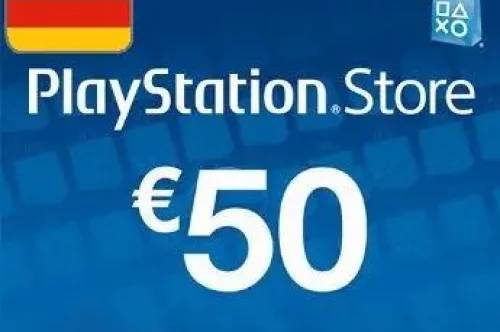Digital Game Codes Demystified: A Comprehensive Overview for Gamers

In the ever-evolving landscape of gaming, digital game codes have emerged as a convenient and popular way for players to access their favorite titles. However, the world of digital game codes can often seem complex and daunting, especially for newcomers. In this comprehensive guide, we'll delve into the intricacies of digital game codes, exploring what they are, how they work, their benefits and drawbacks, and everything else you need to know as a gamer.
Understanding Digital Game Codes
Digital game codes are alphanumeric strings that represent a license to access a specific video game digitally. These codes are typically redeemed through online platforms such as Steam, Origin, Xbox Live, PlayStation Network, or Nintendo eShop. They serve as a virtual alternative to physical game discs or cartridges, allowing players to download and install games directly onto their gaming devices.
How Do Digital Game Codes Work?
When you purchase a digital game code, you receive a unique code that corresponds to the game you've bought. To redeem the code, you usually need to access the respective platform's online store and enter the code in a designated area. Once redeemed, the game is added to your digital library, and you can download and play it at your convenience.
Benefits of Digital Game Codes
Convenience
One of the primary advantages of digital game codes is their convenience. You can purchase and redeem codes from the comfort of your home without the need to visit a physical store. Additionally, digital codes eliminate the hassle of storing and managing physical game discs or cartridges.
Instant Access
Digital game codes offer instant access to your favorite titles. Once redeemed, you can download and start playing the game immediately, eliminating the need for shipping or waiting for delivery.
Accessibility
Digital game codes provide greater accessibility, especially for gamers who don't have easy access to physical game stores or live in regions where certain titles may not be available in stores. With digital codes, players worldwide can access the same library of games without geographic limitations.
Pre-order Bonuses and Discounts
Many retailers offer pre-order bonuses and discounts for digital game codes. By pre-ordering a game digitally, you may receive exclusive in-game content or enjoy discounted prices compared to purchasing the game after its release.
Drawbacks of Digital Game Codes
Internet Dependency
One of the main drawbacks of digital game codes is their reliance on internet connectivity. Without a stable internet connection, you may encounter difficulties redeeming codes, downloading games, or accessing online features.
Limited Resale Value
Unlike physical game discs or cartridges, digital game codes have limited resale value. Once redeemed, the code is typically tied to your account and cannot be transferred or resold to another user.
Platform Restrictions
Digital game codes are often platform-specific, meaning a code purchased for one platform (e.g., PlayStation) cannot be redeemed on another (e.g., Xbox). This can be restrictive for gamers who own multiple gaming devices and prefer a unified library across platforms.
Where to Purchase Digital Game Codes
Digital game codes are available for purchase from a variety of sources, including online retailers, gaming platforms' official stores, and third-party resellers. It's essential to ensure that you're buying from a reputable source to avoid issues such as fraudulent codes or unauthorized resales.
Conclusion
Digital game codes have become an integral part of the modern gaming experience, offering convenience, instant access, and a wide selection of titles. While they come with their own set of advantages and drawbacks, understanding how digital game codes work empowers gamers to make informed decisions when purchasing and redeeming their favorite games. By demystifying the world of digital game codes, we hope to enhance your gaming experience and ensure that you get the most out of your digital library.
 English
English





![6 Smart Reasons to Buy Cheap Steam Game Keys Without Regret [Infographic]](https://cdn.vbrae.com/images/uploads/blog/202506/img_thumb_6846ce0ceb1982-74311703-10899424.webp)
